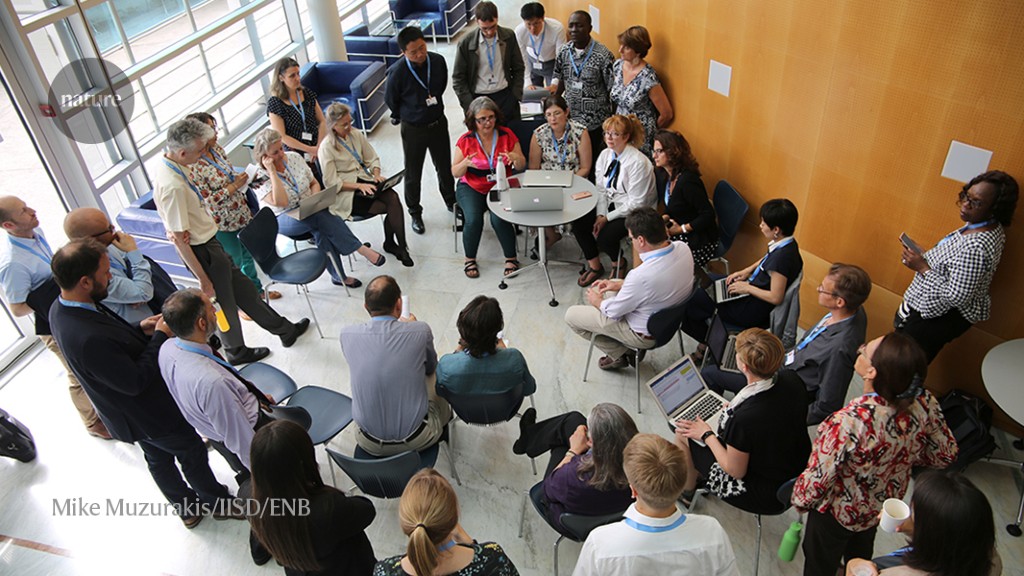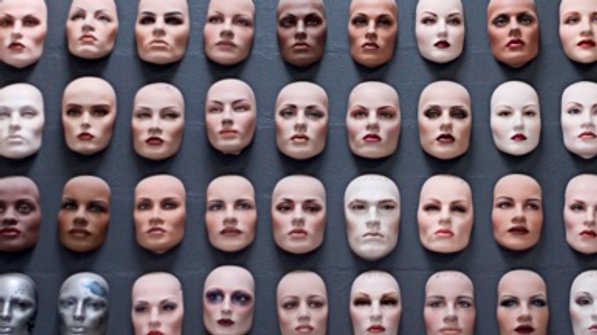Send us a link
Racial Bias Can Taint the Academic Tenure Process — At One Particular Point
Gender Bias in Funding Evaluation: A Randomized Experiment
Gender Bias in Funding Evaluation: A Randomized Experiment
Gender differences in research funding exist but bias evidence is elusive and findings are contradictory. Contrary to some previous research, a new study found no evidence that male or female PIs received significantly different scores.
A Call to Create Funding Equity for Researcher Mums
Mothers in academic research and those who support them say in a report that the funding system can and should remedy gender bias in the sciences.

NIH Plans Grant-review Overhaul to Reduce Bias
Reviewers would no longer score researchers' expertise and institutions during grant evaluations for the US biomedical agency.
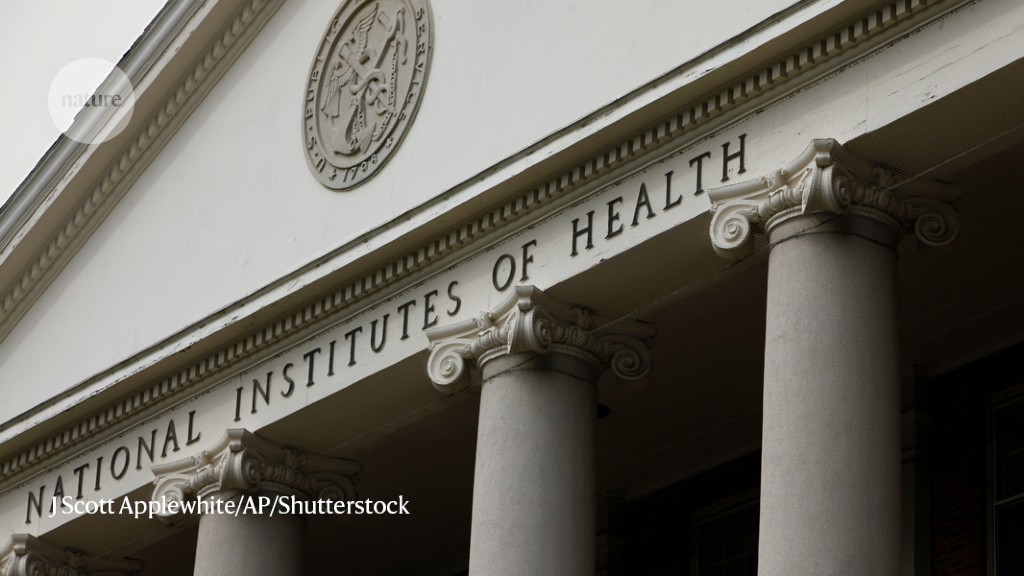
Most US Professors Are Trained at Same Few Elite Universities
'Jarring' study reveals hiring bias at US institutions.
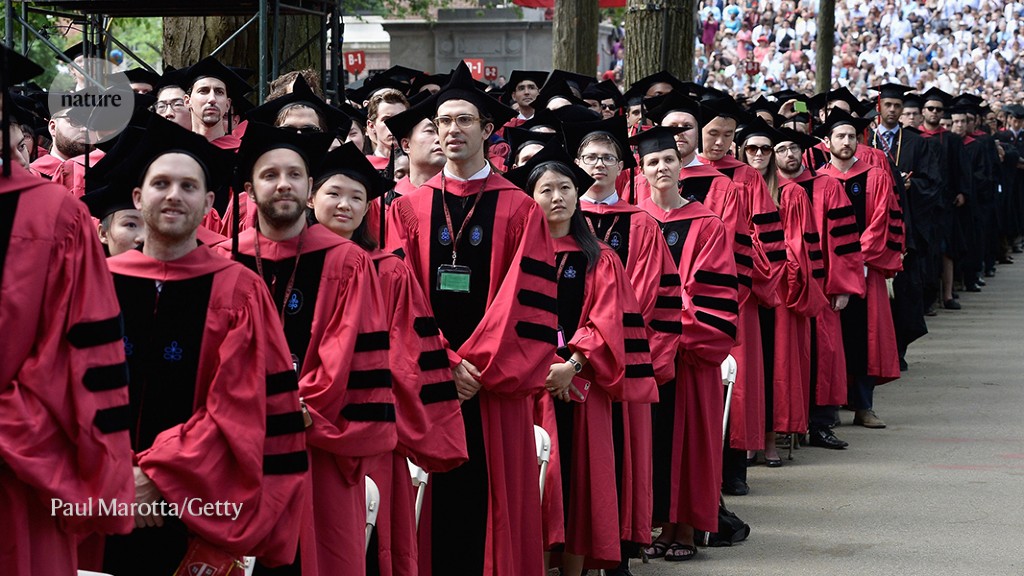
The Impact of Geographical Bias when Judging Scientific Studies
The Impact of Geographical Bias when Judging Scientific Studies
The findings of this study indicate that geographical biases affect public perception of research and influence the results of grant competitions.
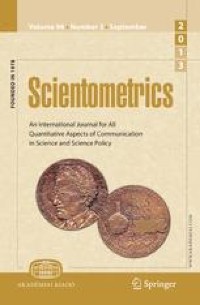
A New Memoir Tells the Life Story of NASA 'hidden Figure' Katherine Johnson
A New Memoir Tells the Life Story of NASA 'hidden Figure' Katherine Johnson
"My Remarkable Journey" gives the backstory of NASA mathematician Katherine Johnson, the central character of the 2016 film "Hidden Figures."
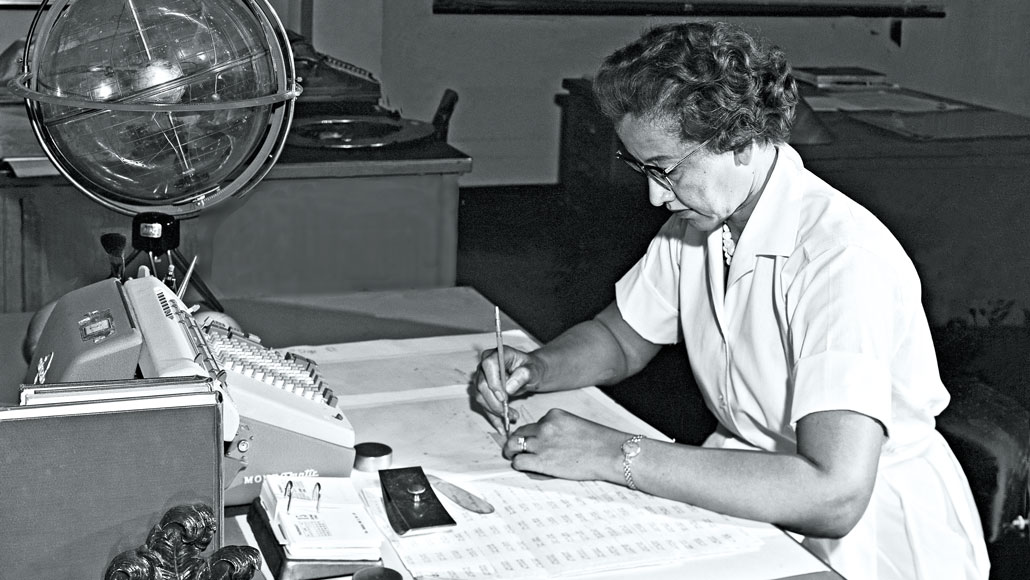
Bias Is a Big Problem. But So Is 'Noise.'
When it comes to mistaken judgments, there is more than one kind of error.

Meta-Research: Weak Evidence of Country- and Institution-Related Status Bias in the Peer Review of Abstracts
Meta-Research: Weak Evidence of Country- and Institution-Related Status Bias in the Peer Review of Abstracts
A preregistered survey experiment spanning six disciplines has found weak evidence of bias in favour of authors from high-status countries and institutions.
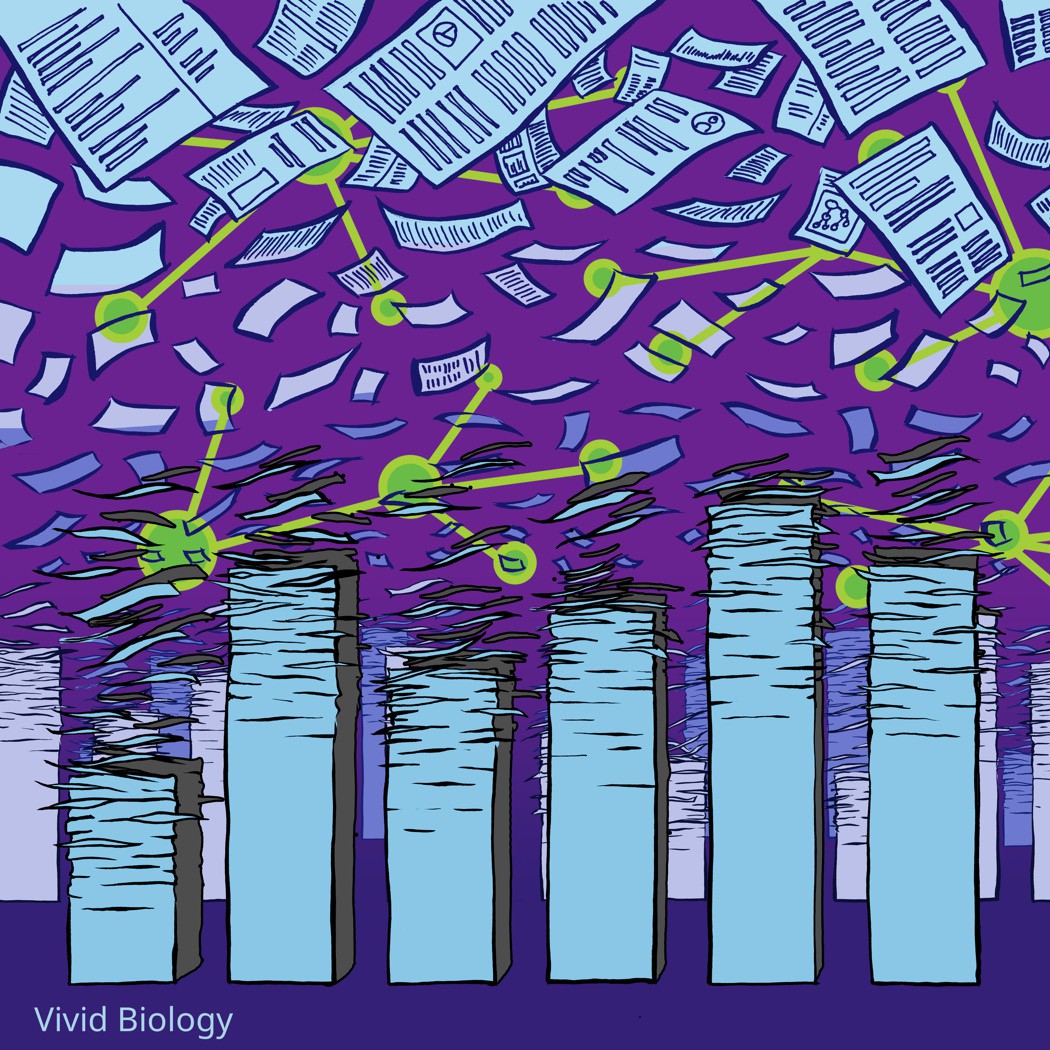
Rethinking Research Assessment
Part one of a four part series on major barriers to equitable decision-making in hiring, review, promotion, and tenure processes that commonly result from biased thinking in academia. Part one delves into objective comparisons.
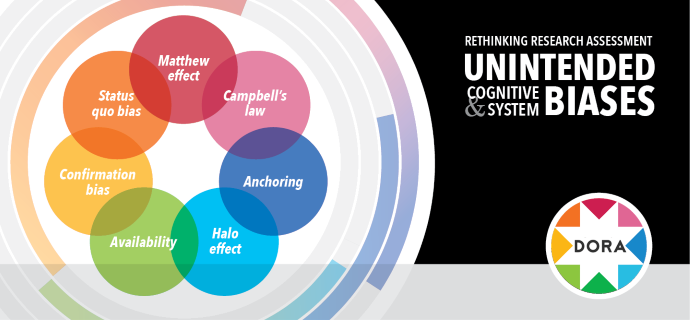
Arbitrariness in the Peer Review Process
The study replicates the NIPS experiment of 2014, showing that the ratings of peer review are not robust, and that altering reviewers leads to a dramatic impact on the ranking of the papers. This paper also shows that innovative works are not highly ranked in the existing peer review process, and in consequence are often rejected.
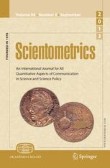
Biased Algorithms Are Easier to Fix Than Biased People
Racial discrimination by algorithms or by people is harmful - but that's where the similarities end.
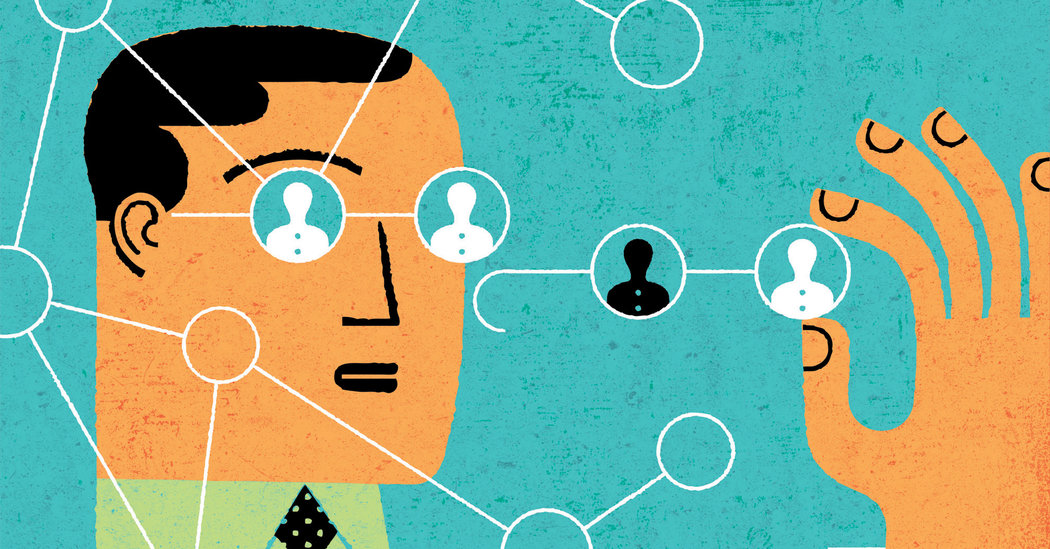
Healthcare Algorithm Used Across America Has Dramatic Racial Biases
The U.S. health care system uses commercial algorithms to guide health decisions. A study found evidence of racial bias in one widely used algorithm, such that black patients assigned the same level of risk by the algorithm are sicker than white patients.

Committees with Implicit Biases Promote Fewer Women when They Do Not Believe Gender Bias Exists
Committees with Implicit Biases Promote Fewer Women when They Do Not Believe Gender Bias Exists
In a nationwide competition for elite research positions, committees that hold strong implicit gender biases and doubt that women face external barriers to their success are observed to promote fewer women.
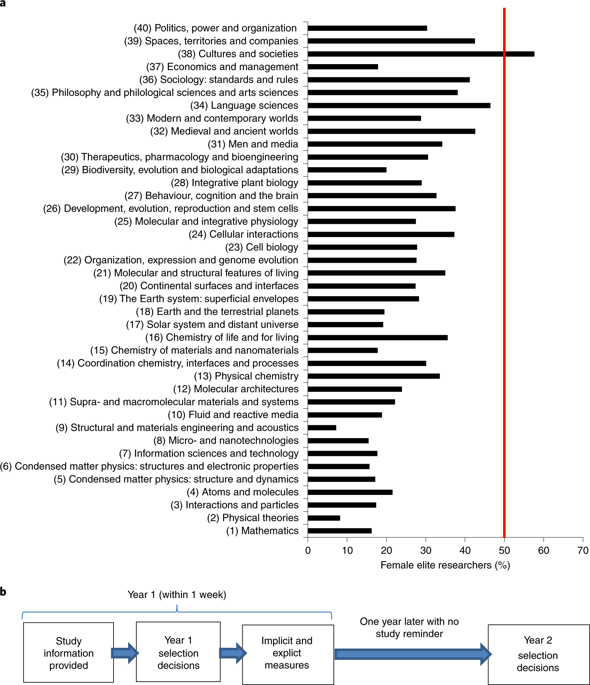
Racial and Gender Biases Plague Postdoc Hiring
Changing the name on a CV affects how physics and biology faculty members view theoretical applicants, according to a new study.

Research Assessment: Reducing Bias in the Evaluation of Researchers
A workshop run by DORA identified a number of ways to reduce bias in hiring and funding decisions.
Black Female Professors Must Deal with Bullying to Win Promotion, Report Finds
Editors of Major Political Science Journals Demonstrate No Systematic Bias Against Female Authors
Editors of Major Political Science Journals Demonstrate No Systematic Bias Against Female Authors
Study says editors of major political science journals demonstrate no systematic bias against female authors. Yet women authors remain underrepresented in the field. Why?
The Racial Exclusions in Scholarly Citations
Inequality is reproduced (and whiteness is institutionalized) by citation patterns as earlier periods of overt exclusion are legitimated by an almost ritualistic citation of certain thinkers.
